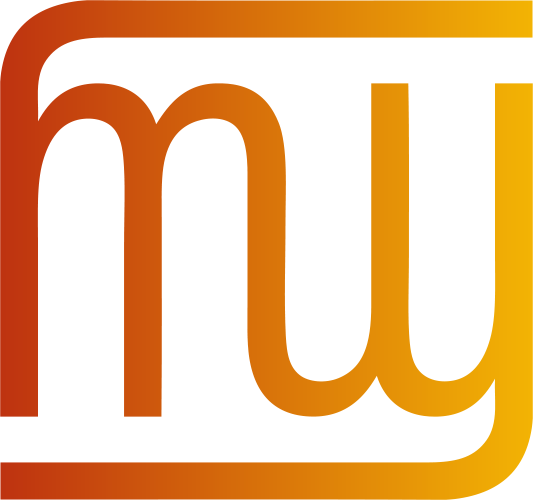 The W3C Internationalization (I18n) Activity works with W3C working groups and liaises with other organizations to ensure Web technologies work for everyone, regardless of their language, script, or culture.
The W3C Internationalization (I18n) Activity works with W3C working groups and liaises with other organizations to ensure Web technologies work for everyone, regardless of their language, script, or culture.
From this page you can find articles and other resources about Web internationalization, and information about the groups that make up the Activity.
Read also about opportunities to participate and fund work via the new Sponsorship Program.
What the W3C Internationalization Activity does
Selected quick links
Selected quick links
Selected quick links
New tests: IDN display
These tests check whether a user agent displays IDNs (Internationalized Domain Names) as Unicode, punycode or otherwise in the status bar. User agents that try to detect possible homograph attacks do so in different ways. These tests explore some of those approaches.
New translation: Zastosowanie elementu <select> do treści lokalnych
Thanks to Andrew Osobka and Natalia Fabisz the FAQ-based article “Using <select> to Link to Localized Content” has now been translated into Polish (language negotiated).
New translation: Wysyłanie XHTML 1.0
Thanks to Andrew Osobka and Natalia Fabisz the article “Serving XHTML 1.0” has now been translated into Polish (language negotiated).
New article: Language on the Web
Getting Started material: This is a second in a proposed series of pages that will introduce you to key internationalization topics and tasks, and direct you towards articles or resources on the W3C Internationalization subsite that will take you to the next level of understanding.
This document introduces topics related to declaring the human language of your content, and related topics, such as language-based styling, content negotiation, and user navigation.
By Richard Ishida, W3C.
New tutorial: Declaring Language in XHTML and HTML
Information about the language in use on a page is important for accessibility, styling, searching, and other reasons. In addition, language information that is typically transmitted between the user agent and server can be used to help improve navigation for users and the localizability of your site. This tutorial will help you take advantage of the opportunities that are available now and in the near future by declaring language information appropriately.
By following this tutorial you should be able to:
- recognize the available alternatives for declaring language, and how they differ,
- understand the difference between metadata about the expected language of the audience and the text-processing language,
- choose the best way of declaring language for your content
- locate information about how to specify language attribute values.
New translation: Dwuliterowe czy trzyliterowe kody języka
Thanks to the Tłumaczenia Angielski Team the FAQ-based article “Two-letter or three-letter language codes” has now been translated into Polish (language negotiated).
New translation: Dlaczego stosujemy atrybuty języka?
Thanks to the Tłumaczenia Angielski Team the FAQ-based article “Why use the language attribute?” has now been translated into Polish (language negotiated).
New translation: Ruby
Thanks to the Tłumaczenia Angielski Team the FAQ-based article “Ruby” has now been translated into Polish (language negotiated).
For review: An Introduction to Multilingual Web Addresses
Comments are being sought on the revised section of this article entitled Does it work? prior to final completion. Please send any comments to www-international@w3.org (subscribe). We expect to publish a final version in one to two weeks.
New Proposed Recommendation: InternationalizationTag Set (ITS) Version 1.0
The Internationalization Tag Set (ITS) Version 1.0 has advanced to Proposed Recommendation. Comments are welcome through 26 March. Organized by data categories, the ITS set of elements and attributes supports the internationalization and localization of schemas and documents. Implementations are provided for DTDs, XML Schema and Relax NG, and can be used with new or existing vocabularies like XHTML, DocBook and OpenDocument.